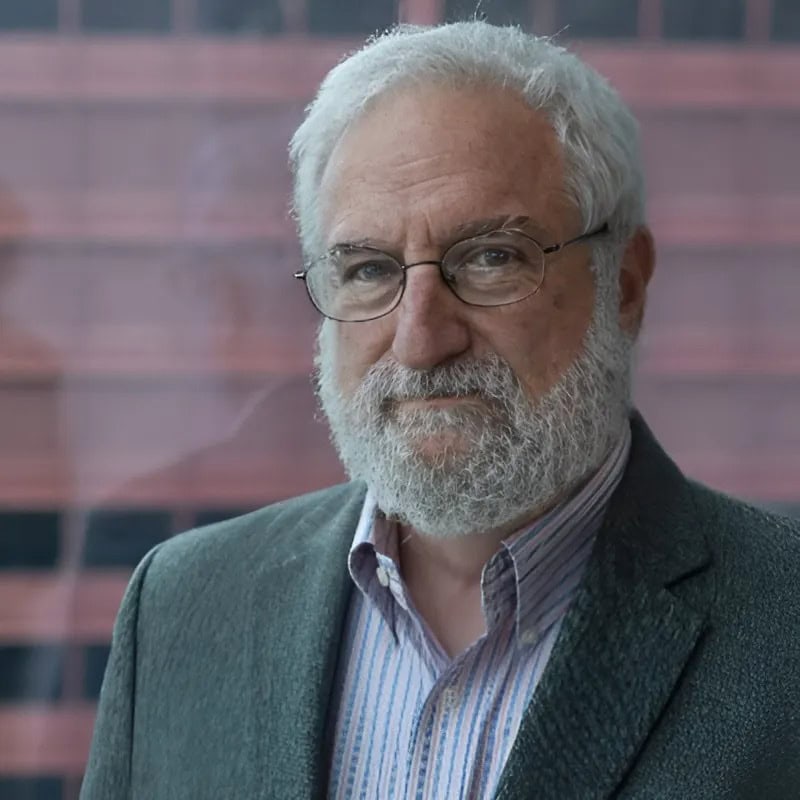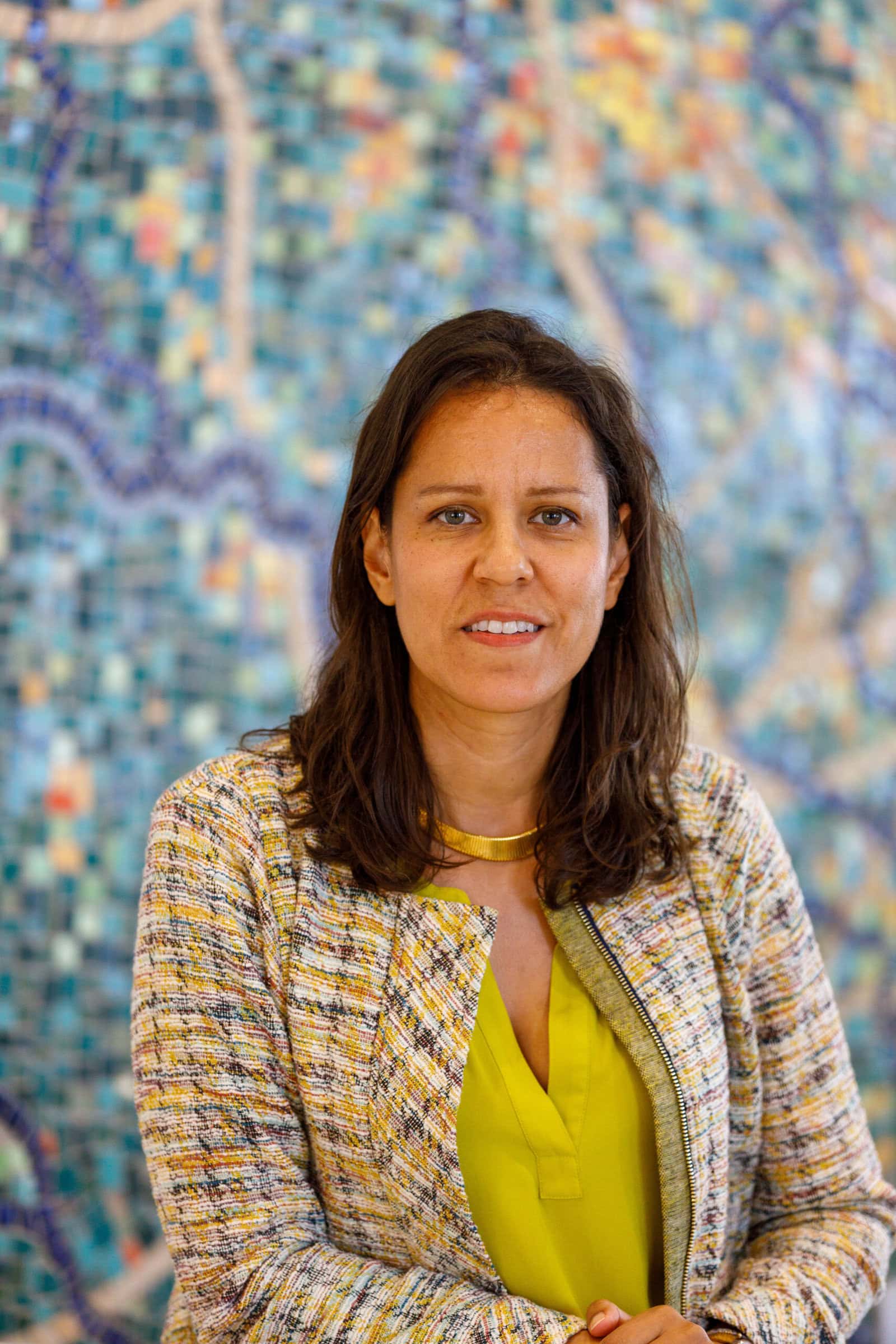A PhD in a humanities discipline conventionally prepares a student to be a college professor. This is as it should be. Most graduate students seek faculty positions, and most research universities consider training the next generation of scholars as part of their institutional mission. But few humanities graduate programs prepare their students to earn a living or contribute to public culture in other ways as well. At a time when many scholars with doctorates struggle to establish long-term careers in the conventional faculty mold, and when more sectors of American institutional life clearly could benefit from the expertise and values derived from advanced education in the humanities, we must question our commitment to this narrow training, and explore the possibilities and implications of a broader perspective on the education of historians.
The American Historical Association’s recent efforts to expand the career horizons of historians have culminated in a $1.6 million grant from the Andrew W. Mellon Foundation to continue, expand, and enhance our Career Diversity and the History PhD initiative. This grant will help us move toward establishing a new norm: doctoral graduates in history (and by extension the humanities) will know how to pursue career opportunities across a wide spectrum, including the professoriate, higher education administration, cultural institutions and other nonprofits, government, public education, and the private sector. And as these graduates fan out into a variety of careers, they will help us achieve an equally important goal: widening the presence and influence of humanistic thinking in business, government, and nonprofits. Implicit assumptions about historical context inform thousands of decisions made every day in nearly every institutional context, and we believe that a substantial proportion of those decisions are made without recognition of those historical assumptions, and certainly with very little actual historical knowledge.
This grant will fund a suite of national activities implemented by the Association, in concert with pilot programs at four universities that will demonstrate how a graduate program in history can serve all doctoral students, not just those on the path to tenure-track jobs at research universities.
Our four pilot projects will take place at PhD-granting universities—UCLA, Columbia University, the University of Chicago, and the University of New Mexico—with large enough programs to test substantial experiments in different parts of the country, and with enough administrative and faculty support for innovation to facilitate collaboration with colleagues well beyond the humanities.
The vast terrain covered by the recent conversation about problems with doctoral education in the humanities suggests considerable disagreement on such central issues as the ethics of graduating more PhDs than there are academic jobs, and the purpose and format of the doctoral dissertation. Yet the AHA’s initial research has found a remarkable consensus on an agenda for change. Graduate curricula in the humanities—according to potential employers, university faculty and administrators, graduate students, and history alumni working beyond the academy—need to evolve in four ways:
- Students must be required to practice communicating their knowledge and research to a wide range of audiences through a variety of media;
- Curricula must provide intellectually relevant opportunities for students to work collaboratively toward common goals with others, both within and beyond their discipline—including disciplines beyond the humanities;
- Programs cannot neglect quantitative literacy. Graduates who lack a basic threshold of quantitative literacy are disadvantaged in careers both within and beyond the academy, other than in that small number of instances when a historian can pursue a successful career without undertaking his or her share of administrative work;
- Graduate education should instill in students the intellectual confidence to venture beyond their comfort zones, whether intellectual, cultural, or institutional.
Communication, teamwork, numeracy, confidence. This agenda for broadening graduate education will not divert PhD candidates from the training they need for a career in the professoriate. Indeed, we also hear from teaching-oriented institutions that new hires come to them prepared to be scholars, but not prepared to be faculty. The same skills that open new opportunities to our students would also speak to these laments and will enhance the professionalization of students who go into faculty positions as well. Professors with these skills will be better teachers, and more responsible citizens of an institution and practitioners of a discipline.
Each of the four partner universities has developed a unique plan for enhancing aspects of their doctoral curricula in ways that give students maximum scope to learn and to make their own professional choices without sacrificing scholarly rigor. While each pilot will be led by a senior faculty member, the AHA is not asking faculty members themselves to retrain or develop new expertise. Rather, each pilot, and all of the AHA’s national project activities, will be focused on cultivating students’ own agency as they engage in the kinds of training, experiences, and exploration that excite them and broaden their career choices. The AHA and the partner programs will put their efforts into activities that help open the history departments more fully to opportunities for their students to engage productively with the broader world.
The AHA will perform four main roles in this initiative: instigator, coordinator, clearinghouse of information, and strategic center of activities for history graduate students in history departments beyond the four pilots. In addition to coordinating the efforts of the pilot programs, the AHA will start or expand a range of activities and publications (see sidebar for details).
In the first stage of this initiative, already underway, AHA officers and colleagues located and learned from history PhDs working across a vast spectrum of occupations. We found historians working everywhere from investment banking and marketing to public policy, both inside and outside of government. They are thriving in nonprofit administration and human resources, and in management consulting and journalism. Inside the university as well, our doctoral alumni turn up in every imaginable job. They work in development offices, career and placement centers, and digital humanities centers, and as student counselors and budget specialists. These scholars have one thing in common: they have found success beyond the professoriate.
But most of these historians have had to find their own way, without substantial guidance or support; and few have remained part of a community of historians to which they could make substantial contributions. We want to learn from their experiences, and make it easier for future generations to find their way to rewarding careers. We want to redefine success as a historian in a way that takes account of all the possibilities. In the end, we hope, it will become clear that historians, whatever their career choices, take their training and their habits of mind with them into the workplace—and that those who leave the academy, as well as those who stay, have good reason to remain active members of the community of historians.
The AHA’s Career Diversity Project
Thanks to the recent Mellon Foundation grant, the AHA will be offering several programs, activities, and publications related to career diversity, including:
- Sessions, workshops, and job fairs at the annual meetings from 2015 to 2017 (and beyond, we hope) designed to help graduate students broaden their career horizons and increase awareness of the initiative and the resources it offers;
- A “virtual mentoring” program in which a graduate student interested in a particular line of work can contact the AHA and be matched up with a history PhD who has volunteered to communicate with students via e-mail about occupational pathways and useful preparation. We already are building a substantial database of mentors;
- A speakers bureau for history departments. We have already received requests from history departments for assistance in planning professionalization workshops and courses. In particular, we are seeing a new demand for people with history doctorates who are willing to discuss their career paths. We will continue to make referrals to departments, and we will use a portion of the project budget to send speakers to schools that can’t pay travel expenses;
- A competitive grant for individual departments of up to $4,000 for innovative projects relating to this initiative;
- Online community spaces to foster engaged discussions on the issues central to this initiative. Some students have already found such resources at Versatile PhD, Academia.edu, and the “Vitae” section of the online Chronicle of Higher Education. None of these, however, is discipline-specific, which is essential to the productive trading of ideas and resources;
- Expansion of the What I Do series, which features brief interviews showcasing the actual work of history PhDs employed outside the professoriate (see page 30 in this issue for more on this series);
- Ongoing research on the career destinations of history PhDs, with data broken down by institution and other variables useful to prospective graduate students and the programs themselves;
- A set of online and print resources-for prospective history graduate students, current students, faculty members, and directors of graduate study-that explores the curricular and professional possibilities of a history doctoral program. These will include web-based conversations, pamphlets, and interviews of historians working in various environments;
- A meeting for directors of graduate study at the AHA annual meeting to offer a progress report and enable attendees to query our four participating institutions about their projects.
<
This work is licensed under a Creative Commons Attribution-NonCommercial-NoDerivatives 4.0 International License. Attribution must provide author name, article title, Perspectives on History, date of publication, and a link to this page. This license applies only to the article, not to text or images used here by permission.


